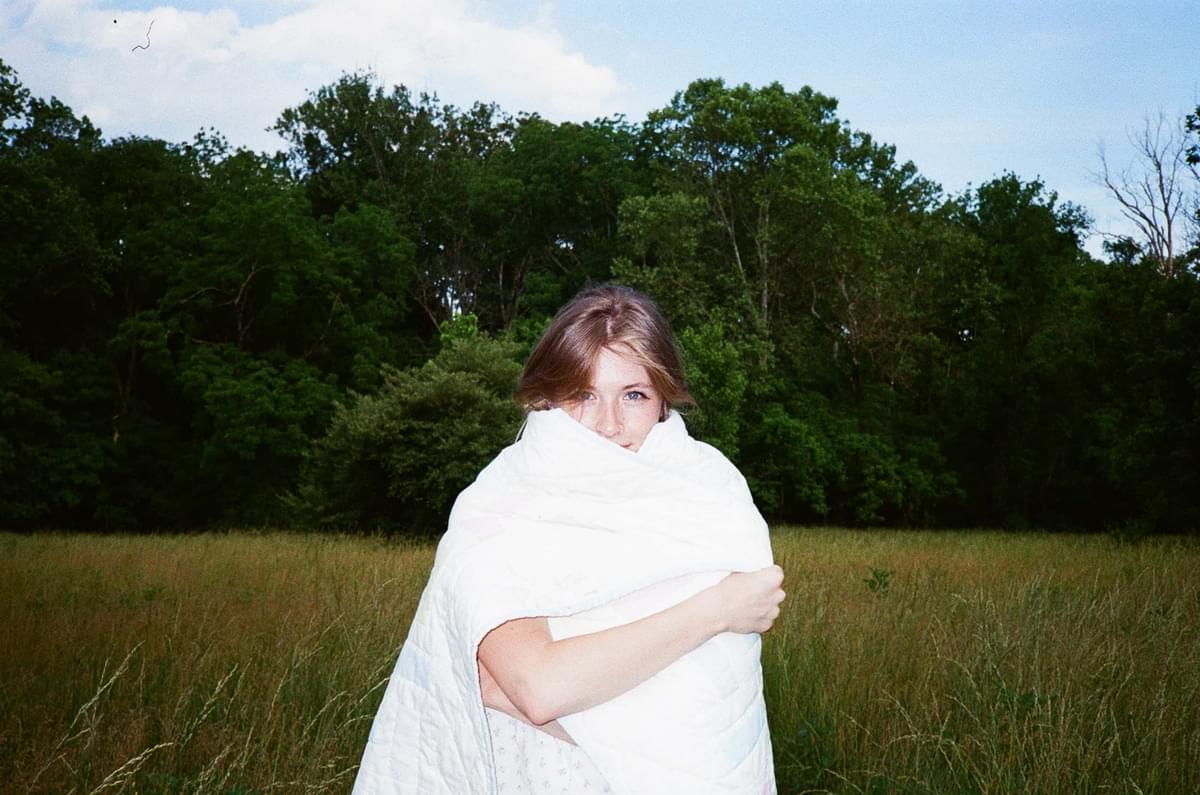
On the Rise
Kate Bollinger
Kate Bollinger's unique sound marries the lyrical dexterity of early Joni Mitchell with a slick, neo-soul influenced instrumental.
It seems fitting to be talking to Kate Bollinger on the topic of the musical forces which have conspired to mould her as an artist, whilst she's back at home - in the Charlottesville, VA house where she grew up. “I think a big part of why I make music is because it was always just around me; it was never really pushed on me,” she tells me.
Her family unit was as important to her as her musical heroes Joni Mitchell and Feist in facilitating a love of songwriting. In particular, older brother Ross became a focal figure when he played violin for The Extraordinaires. Bollinger recalls: “Me and my dad would listen to that all the time because we were so excited that Ross was on it!" In a suitably serendipitous way, her first live show at cult venue The Southern saw her supporting the Philadelphian band. "My song writing teacher reached out and asked me to open for his band, and the headlining band was The Extraordinaires!" she recalls. "I was blown away!"
Bollinger has dropped a string of singles and played sessions for Paste Studios and NPR's Tiny Desk over the past eighteen months - while juggling the pressure of university assignments and deadlines. Now post-graduation - and living in a world of uncertainty - she's releasing her second EP, A Word Becomes A Sound, from the comfort of her childhood living room.

The creative home environment that she grew up in instilled the value of practising music and melody. Her music therapist mother worked with individuals who struggled with speech and language, trying to trigger different memories and different skills through music. "What I find really incredible is when she works with kids with pretty much no language," explains Bollinger, "but they will somehow have really good rhythm”. Has her mother’s profession influenced Bollinger’s own approach to music? "Somebody asked me a few months ago when I was on tour what makes a good song for me and I think it’s different for everyone but for me it’s all about the melody," she tells me. "When I hear a really good melody I feel certain way that I don’t feel from anything else other than music. I think it can be really powerful and really comforting”.
Despite this vital and nuanced understanding of music, Bollinger was initially reluctant to pursue it as a pathway. She left Charlottesville to study cinematography at the University of Virginia: "For a while I kind of resisted it as anything more than something I loved to do." she explains. "I thought that doing it any more seriously would make me lose interest in it or get stressed out by it, when it was always such a healing thing for me. I didn’t want to put too much pressure on it”.
The diversion of her energies towards education was a test of her passion for music and a continuation of a love of learning. In one encounter in a high school maths class, Bollinger explains how her teacher attempted to give her special dispensation on a challenging topic due to her musical commitments: “I got so mad... I can be good at math too! I think I always wanted to do academic things”.
Predictably, music quickly become an integral feature during her studies. After meeting producer and principal collaborator John Trainum, a musical relationship blossomed. "He started recording some of my songs and I saw what they could be, which I didn’t really see before," she recalls. This relationship has since come to define Bollinger’s creative process, reaping multiple singles and her first EP, I Don’t Wanna Lose.
Their chemistry has been cemented further with the release of A Word Becomes A Sound, completed during the COVID-19 lockdown. For Bollinger and Trainum, the process of recording the EP was representative of those intimate university days. "In some ways I really love being able to record in a studio," she tells me. "in some ways it’s been nice to do a fair amount of it in John’s room. I feel really comfortable being able to bounce ideas of John and just do them right then and there”. The result is a collection of songs that Bollinger describes as "high quality but homegrown too in a way. It feels really natural."
The new collection of songs is incredibly reflective at points; “Queen to Nobody” is reminiscent of the music that Bollinger would write in high school. By contrast, “A Couple Things” and “Grey Skies” demonstrate Bollinger’s growing maturity, with lyrics that echo her own indecision and propensity of self-sabotage.
“I think the main thing right now is I want it to be comforting for people to listen to,” Bollinger concludes. “I think music is the perfect thing to make people feel good!”
Get the Best Fit take on the week in music direct to your inbox every Friday

Tunde Adebimpe
Thee Black Boltz

Julien Baker & TORRES
Send A Prayer My Way

Bon Iver
SABLE, fABLE





